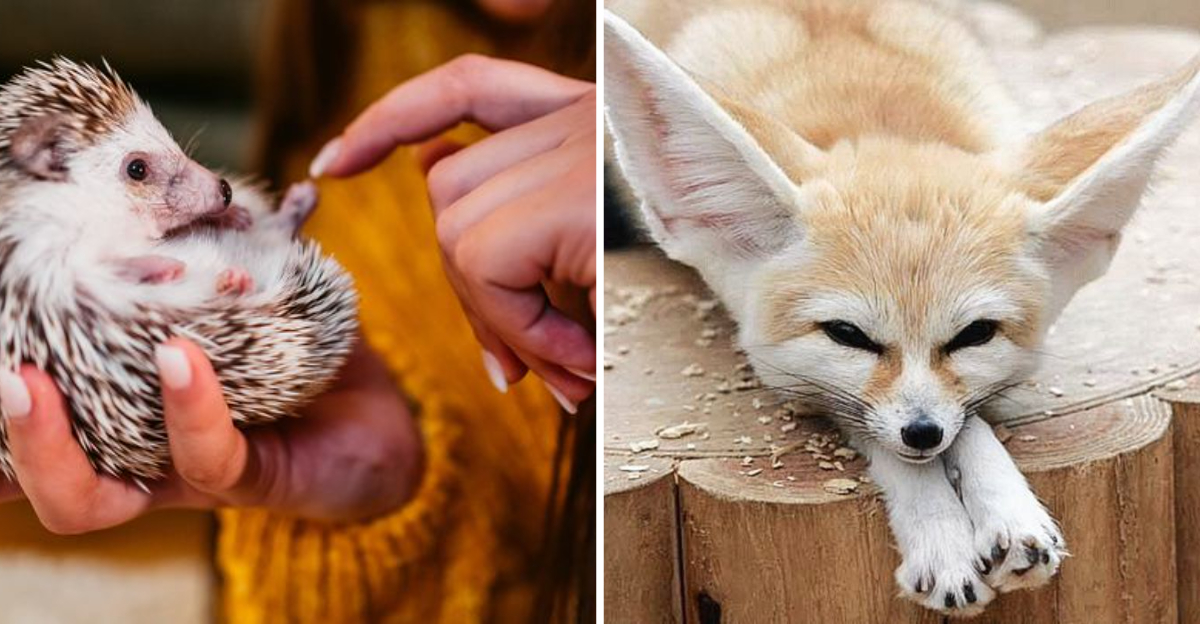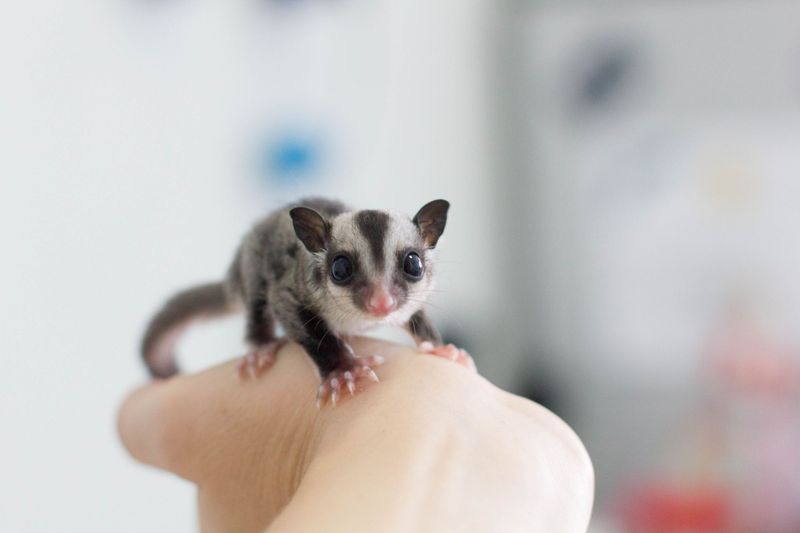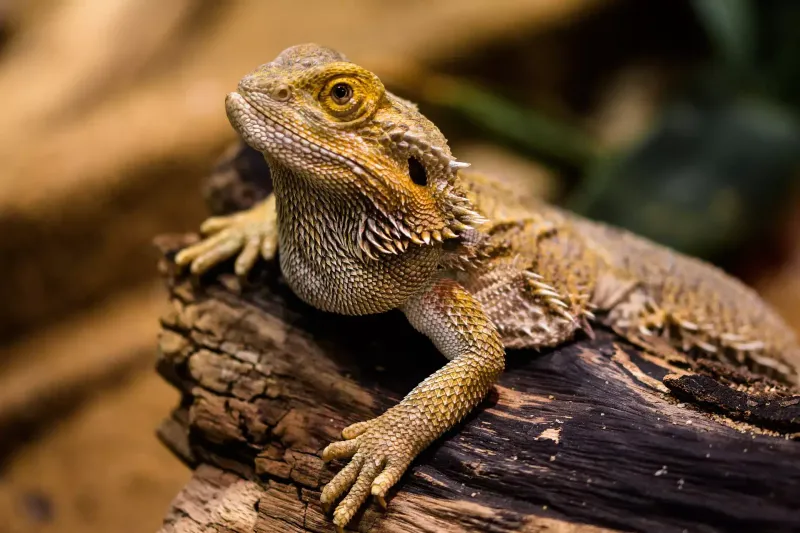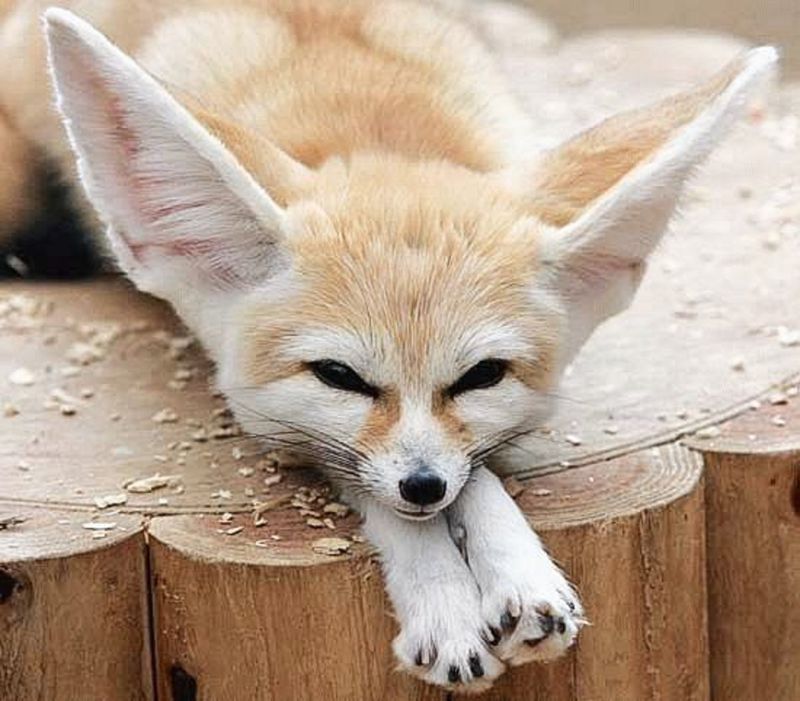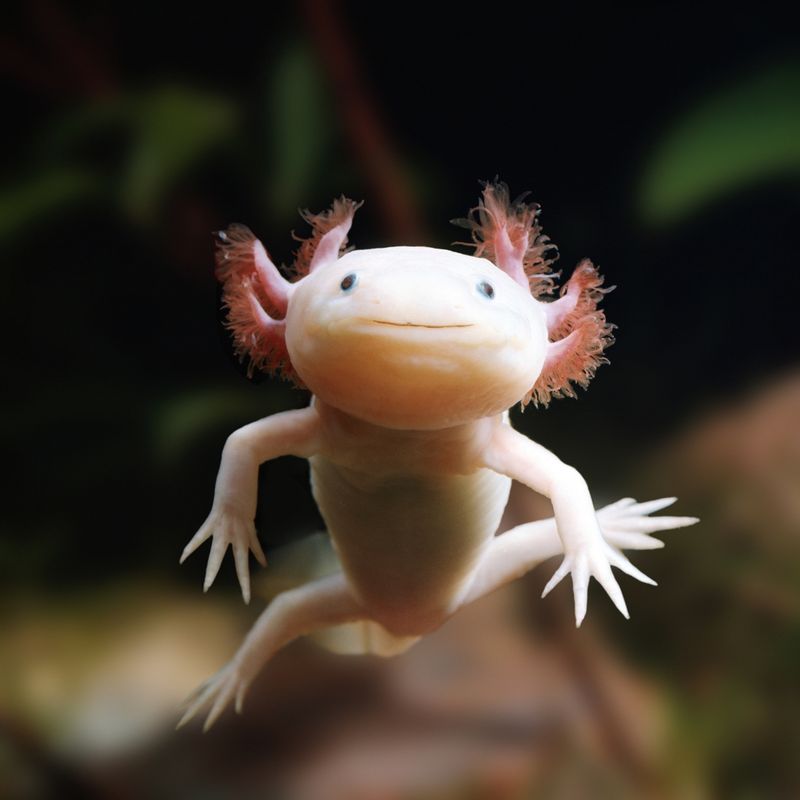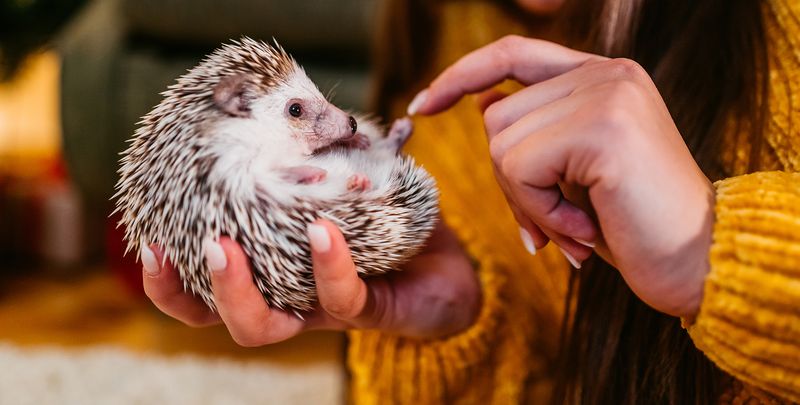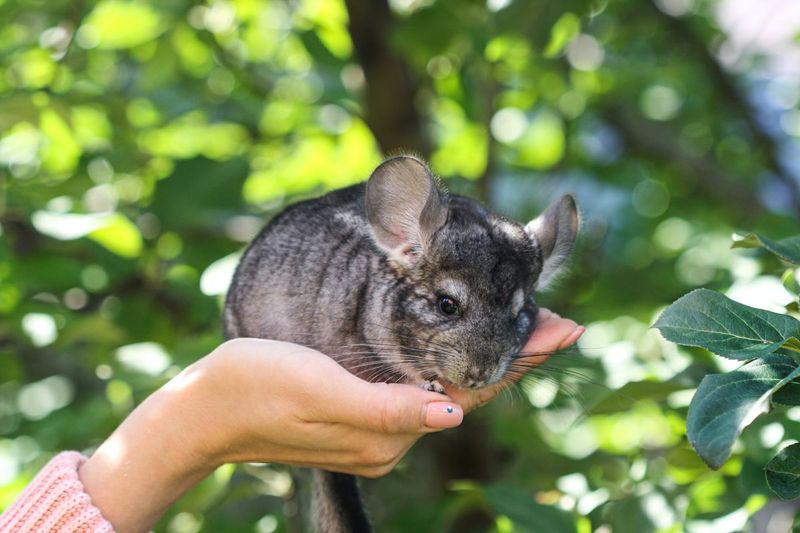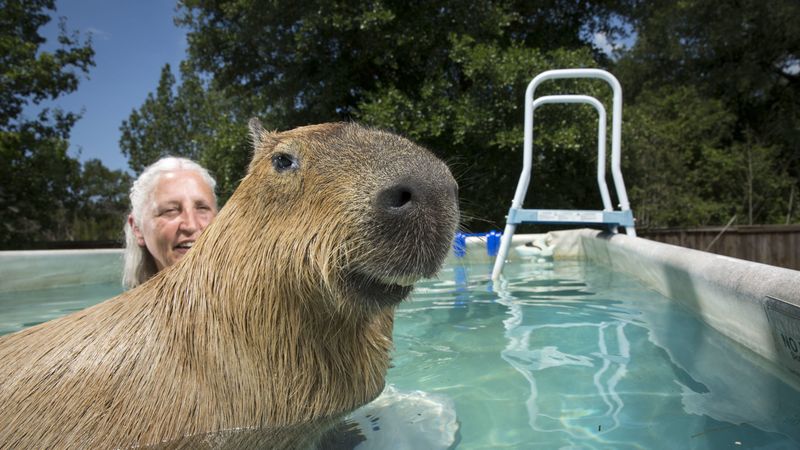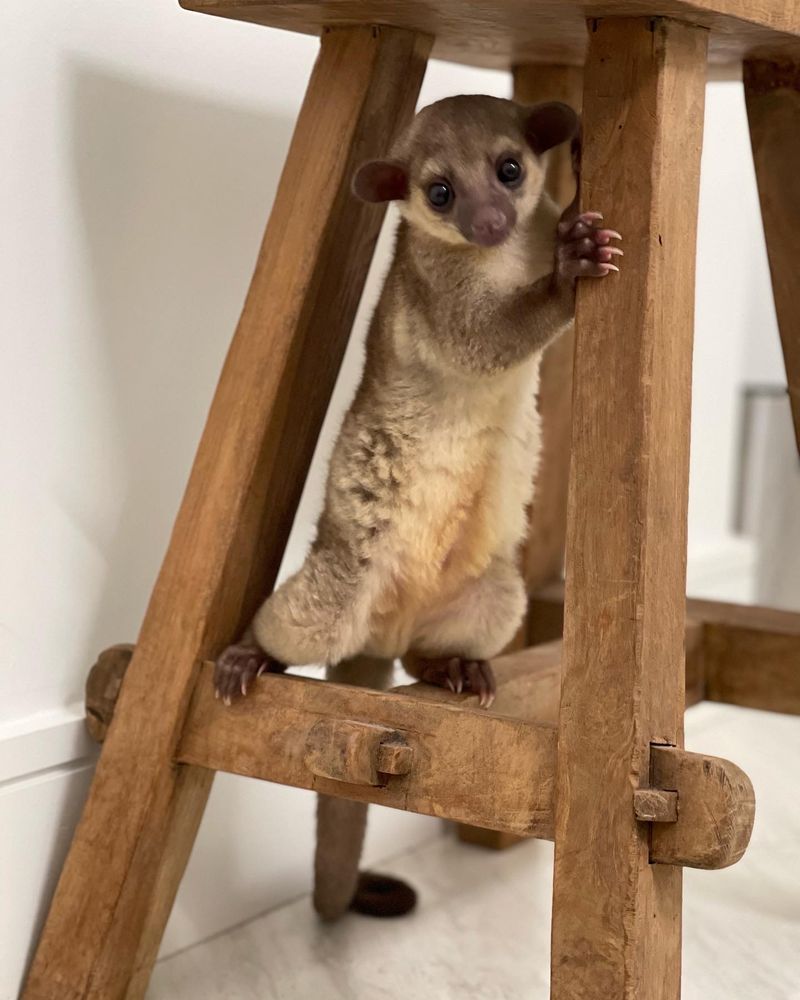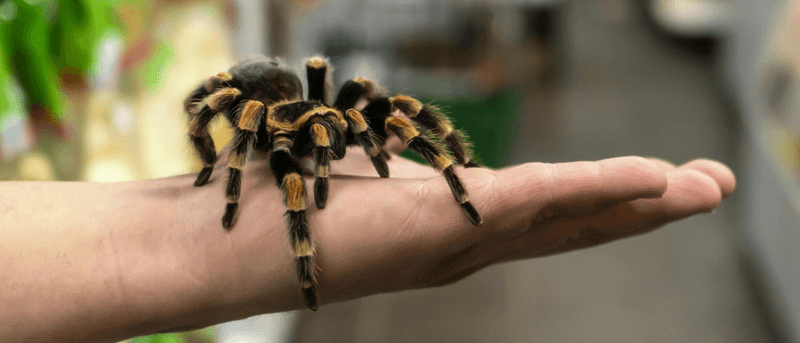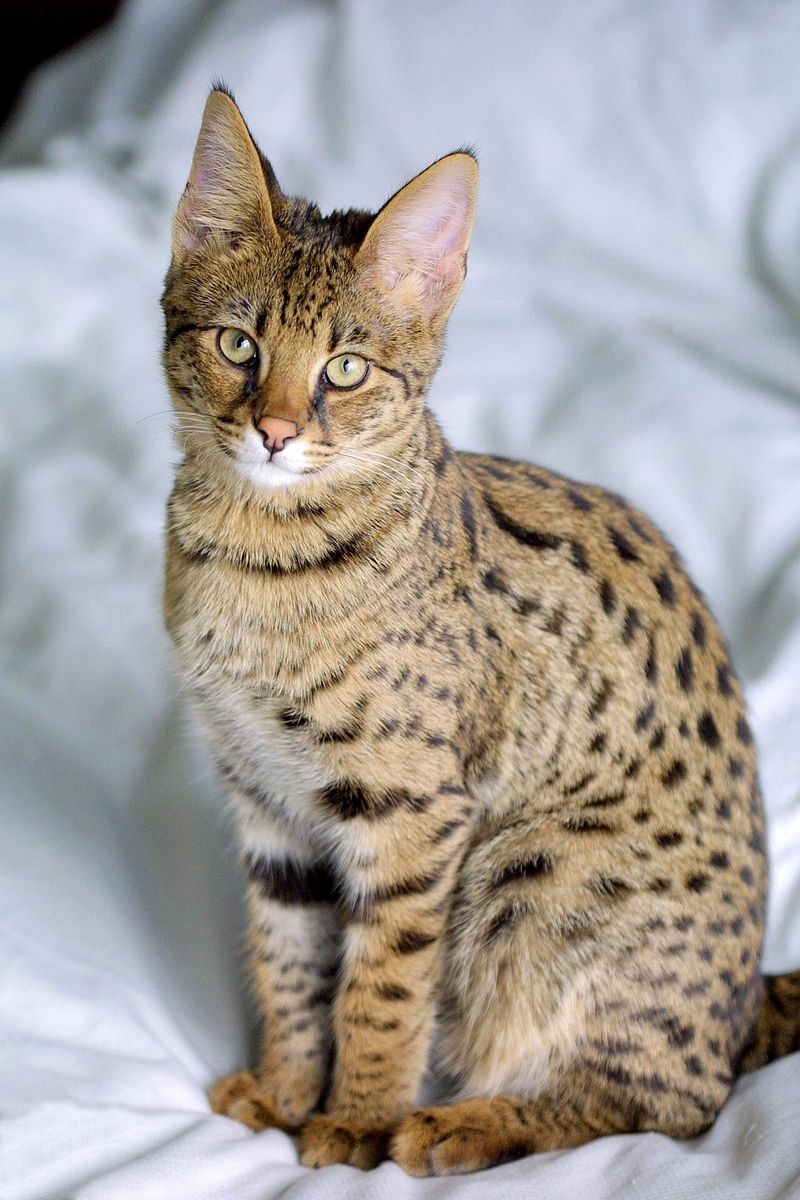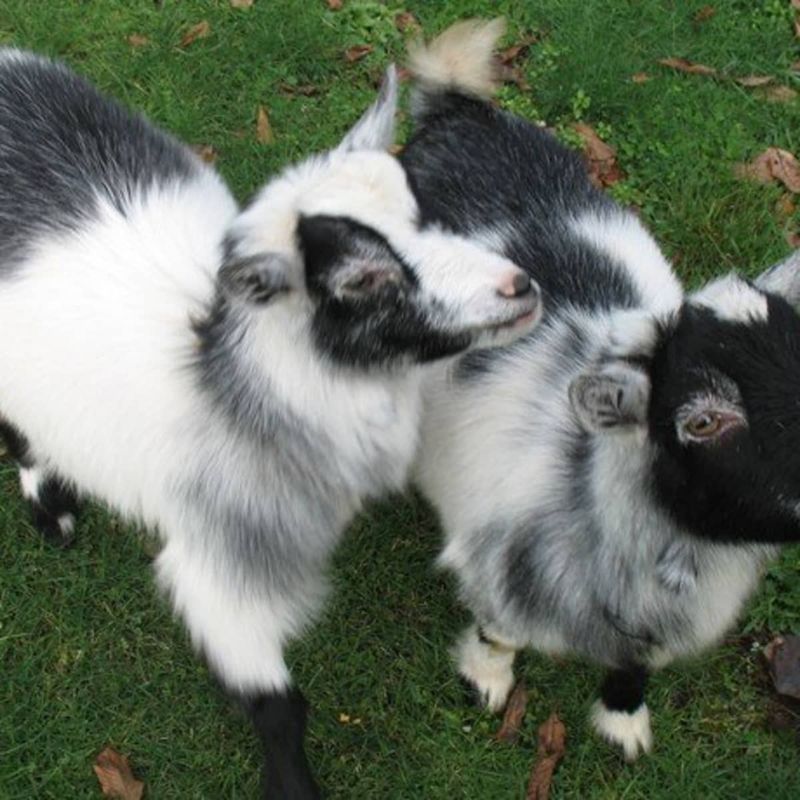Owning an exotic pet can be an incredibly rewarding experience, offering unique companionship and the opportunity to learn about rare species. However, it’s not without its challenges. From understanding their specific needs to ensuring ethical sourcing, exotic pet ownership demands a high level of commitment and responsibility. In this blog post, we’ll explore the benefits and challenges associated with exotic pets, providing insights into what you can expect and how to prepare. Whether you’re considering a reptile, bird, or mammal, understanding these aspects will help you make an informed decision.
Sugar Gliders
Sugar gliders are small, nocturnal marsupials known for their playful and social nature. They thrive in environments where they receive plenty of attention and interaction. Owning a sugar glider can be a delightful experience, as they often bond strongly with their human caregivers. However, they require a spacious enclosure and a diet rich in fruits, insects, and specially-formulated pellets. Potential owners should be prepared for their nocturnal activities and chirping sounds. It’s essential to socialize them from a young age to prevent loneliness and stress. Regular veterinary check-ups are crucial to maintaining their health.
Bearded Dragons
Bearded dragons are popular among reptile enthusiasts due to their gentle demeanor and ease of care. They are native to Australia and require a controlled environment that mimics their natural habitat, complete with UV lighting and heat sources. Their diet primarily consists of insects and leafy greens. Bearded dragons are known for their expressive behaviors, such as arm waving and head bobbing, which can be quite entertaining. Owners must ensure regular vet visits to monitor their health, particularly for metabolic bone disease. Consistent handling can make them more tame and sociable pets.
Fennec Foxes
Fennec foxes, with their distinctive large ears, are native to the Sahara Desert. They make intriguing pets but require careful consideration. Their housing needs must include ample space, desert-like conditions, and secure enclosures to prevent escapes. Fennec foxes are omnivores, needing a diet of meat, fruits, and vegetables. Their energy levels are high, demanding regular playtime and stimulation. These social animals form strong bonds with their owners but can be vocal, especially at night. Training and socialization from a young age are vital to prevent behavioral issues and ensure they adapt well to domestic life.
Axolotls
Axolotls are aquatic salamanders cherished for their unique appearance and regenerative abilities. They thrive in cool, clean water with minimal currents, often kept in tanks with plants and hiding spots. Feeding axolotls involves a diet of worms, pellets, and occasional fish. They are solitary creatures, usually preferring to live alone to avoid stress. Their care requires maintaining water quality and temperature, making them suitable for owners who can commit to regular tank maintenance. Axolotls rarely require handling and should be observed for signs of health issues like fungal infections, which need prompt attention.
Hedgehogs
Hedgehogs are small, nocturnal mammals known for their spiky appearance and curious nature. They are relatively low-maintenance pets, thriving with a simple diet of insect-based food and fresh produce. Hedgehogs require an environment enriched with toys and tunnels to stimulate their natural foraging instincts. Owners should handle them gently and regularly to encourage socialization. Despite their solitary nature, they can form bonds with their caregivers. Regular health checks are necessary to prevent common ailments like mites and dental issues. Noise sensitivity requires a quiet, calm habitat to keep them stress-free and comfortable.
Chinchillas
Chinchillas are small rodents prized for their incredibly soft fur and playful antics. They require a dust bath several times a week to maintain their coat’s cleanliness. These pets thrive in cool, dry environments with ample space for jumping and climbing. Their diet includes hay, pellets, and occasional treats. Chinchillas are social animals and benefit from the companionship of another chinchilla, though they can bond well with humans. Handling them gently is crucial for building trust. Regular dental care is necessary to prevent overgrown teeth, and their cages need frequent cleaning to ensure hygiene.
Capybaras
Capybaras are the world’s largest rodents, known for their docile nature and social behavior. They thrive in environments that offer plenty of water for swimming and grazing areas. A diet rich in grasses and aquatic plants is essential. Capybaras are social animals, often living in groups, which should be considered when planning their care. They require large outdoor enclosures and can become very tame with regular handling. However, potential owners must prepare for their significant space and time needs. Regular veterinary care, including parasite prevention, ensures their health and well-being.
Kinkajous
Kinkajous are nocturnal mammals native to Central and South America, known for their playful and curious behavior. They require a spacious, enriched environment that mimics their natural habitat, complete with climbing structures and hiding spaces. Their diet consists mainly of fruits and nectar, making their feeding relatively straightforward. Kinkajous are social and can form strong bonds with their caregivers, though they require patience and consistent interaction. Handling them gently and regularly is necessary to maintain sociability. Their nocturnal habits mean they are most active at night, which should be considered by potential owners.
Tarantulas
Tarantulas are intriguing arachnids that make low-maintenance pets for those interested in exotic creatures. They require a secure terrarium with suitable substrate and hiding spots. Tarantulas are solitary and should not be housed together. Their diet mainly consists of insects, and they eat infrequently. Handling tarantulas is generally discouraged, as they can be stressed easily. Owners should enjoy observing their behaviors rather than interacting physically. Regular monitoring for health issues like molting problems is essential. Tarantulas are ideal for those seeking a pet that requires minimal daily care but provides fascinating insights into arachnid life.
Savannah Cats
Savannah cats are a hybrid breed known for their striking appearance, reminiscent of wild cats, and playful demeanor. They require ample space to roam and play, benefiting from interactive toys and climbing structures. Savannah cats are highly social and bond strongly with their human families, making them affectionate companions. They need a balanced diet of high-quality cat food and occasional raw meat. Regular veterinary check-ups are important to monitor their health. Their energetic nature demands plenty of exercise, and they thrive in environments where they can explore safely. Socialization from a young age is crucial.
Pygmy Goats
Pygmy goats are small, friendly animals known for their playful and social nature. They thrive outdoors, requiring a secure area with shelter and plenty of space to roam. Their diet should include hay, grains, and fresh vegetables. Pygmy goats are highly sociable and often need the company of other goats to prevent loneliness. Regular interaction with their owners can create a strong bond. They require regular hoof trimming and vaccinations to stay healthy. Potential owners should be prepared for their energetic antics and need for a varied and engaging environment to keep them entertained.
